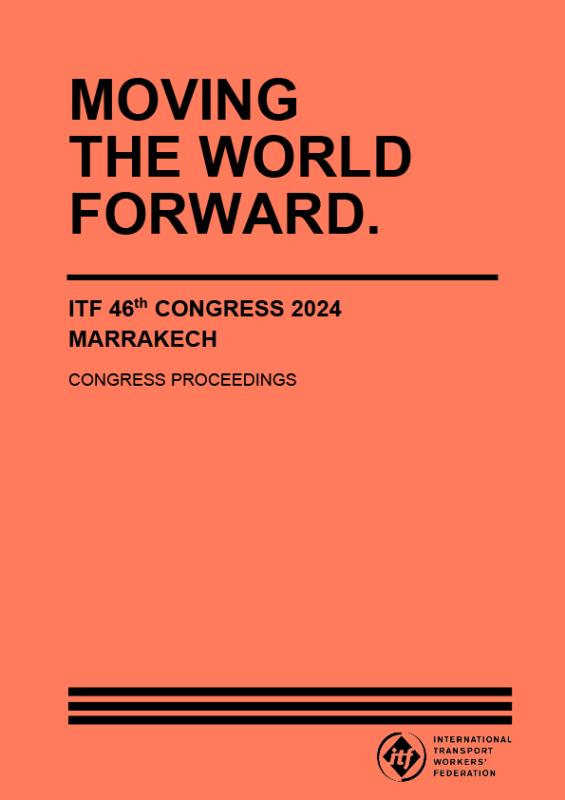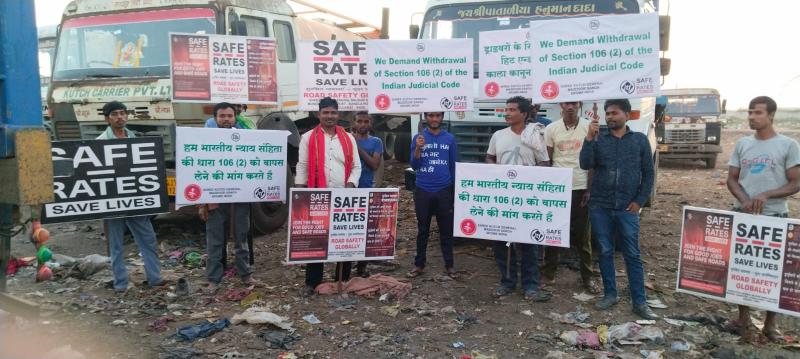Comment article Seth Payer, Head of Data and Research at the International Transport Workers’ Federation
The role of trade unions and a core pillar of the work of the International Transport Workers’ Federation (ITF), is to resolve abuses of workers’ rights. Traditionally this has been done through direct, in-person interventions. This involves representing workers in meetings with employers or boarding ships to inspect, identify and resolve issues. As these issues are recorded, they generate substantial amounts of data. By anonymizing and aggregating this data, the ITF can identify broader trends for greater impact.
A cornerstone of ITF operations is its Inspectorate, a network of 133 inspectors operating across 120 ports in 59 countries. These inspectors conduct over 10,000 inspections annually, tackling issues such as wage disputes, repatriation needs, medical emergencies, and violations of human and trade union rights. They engage directly with seafarers, boarding ships to ensure compliance with ITF agreements and educating crews about their rights.
Each inspection yields valuable data, which is recorded in a global database. This database serves as a source of insights into the conditions faced by seafarers. Aggregation and anonymization of this data plays a critical role in this process. Maintaining confidentiality, the ITF can aggregate data to identify trends without compromising personal privacy. This anonymized data enables the ITF to analyse systemic issues and advocate for positive change. For instance, by detecting patterns of wage theft or substandard working conditions, the ITF can exert pressure on the appropriate parties to enact improvements.
The impact of this data-driven approach could be substantial. It will allow ITF to proactively address widespread issues within the maritime industry. Cooperation agreements based on these insights will enable companies to demonstrate due diligence, thereby mitigating legal and reputational risks associated with human and labour rights violations.
In the past year, the ITF participated in the Open Data Institute’s data for workers’ rights peer-learning network. This network brought together seven organisations working in the supply chain and labour rights arena to share experiences and best practices. These organisations brought diverse expertise, ranging from data privacy to open-source platforms to trade unions. The insights gained from this network have been invaluable for the ITF. For example, the Issara Institute collects extensive worker data in Southeast Asia and publishes it in aggregated form using dashboards, offering a potential model for how the ITF can further enhance its data utilisation.
By learning from these practices, the ITF continues to refine its approach to data management, ensuring that it not only addresses immediate grievances but also drives systemic change for the betterment of all seafarers.



